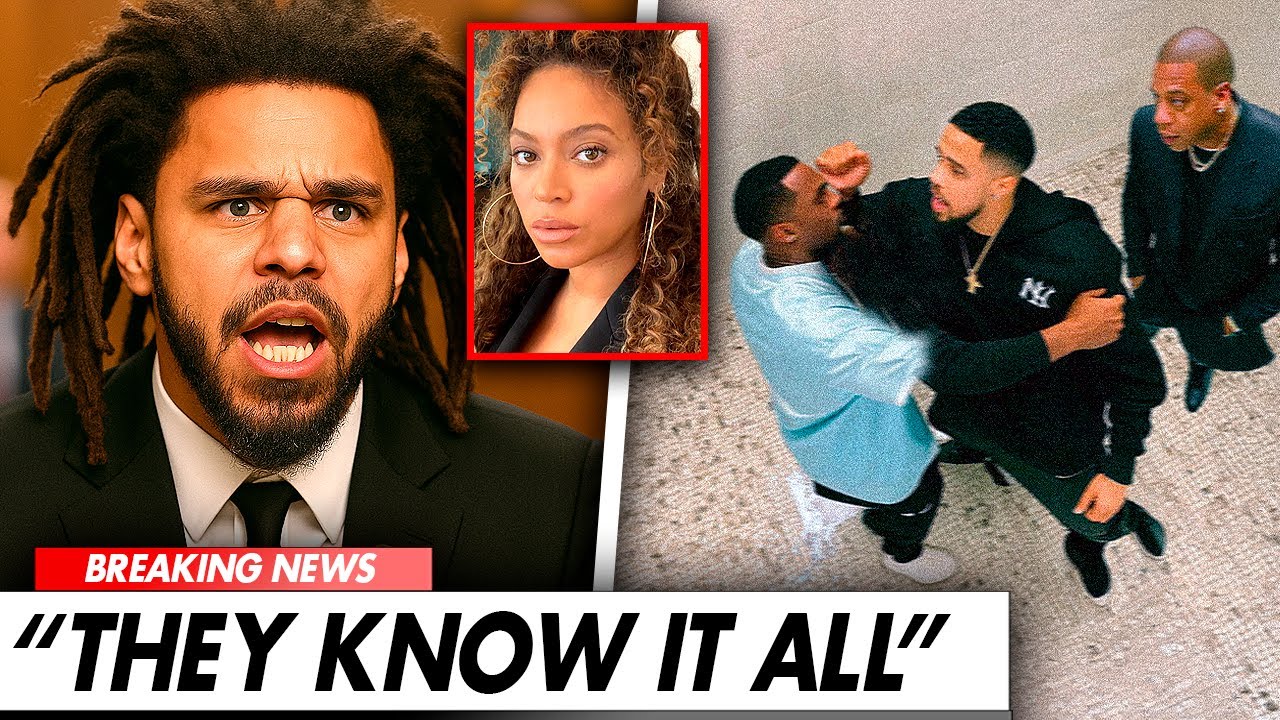
Pope Francis, the groundbreaking leader who transformed the Catholic Church and captivated millions around the globe, has passed away at the age of 88. His death marks a seismic shift for Vatican City and the 1.3 billion Catholics worldwide. As the world mourns the loss of the “people’s pope,” questions loom large about the future of the Church and its direction.
Francis, the first pontiff from the Americas and the first Jesuit pope, championed social justice, environmental stewardship, and inclusivity, reshaping the Church’s approach to a myriad of pressing issues. His progressive stance brought the Catholic Church into the 21st century, urging compassion over doctrine and fostering interfaith dialogue that resonated particularly with younger generations.
With his passing, the Vatican enters a period of mourning and prepares for an elaborate funeral in St. Peter’s Basilica, a gathering that will draw global leaders and millions of mourners. In the immediate aftermath, Vatican officials will begin the critical process of electing a new pope. This “sede vacante” period suspends the papal duties and raises urgent questions about governance in the smallest sovereign state in the world.
The conclave, a centuries-old tradition, will convene to elect Francis’s successor. The cardinals, deliberating in secrecy, face the monumental task of determining the Church’s future direction. Will they continue the path of reform Francis laid out, or will they revert to traditional doctrines that could reshape Vatican City’s role in global diplomacy and influence?
As the world watches closely, the coming weeks will be pivotal. The new pope’s decisions on vital issues, including clergy abuse scandals and interfaith relations, will echo through history and determine the Church’s relevance in a rapidly changing world. Pope Francis’s legacy is profound, and what comes next will define the future of Catholicism for generations to come.
